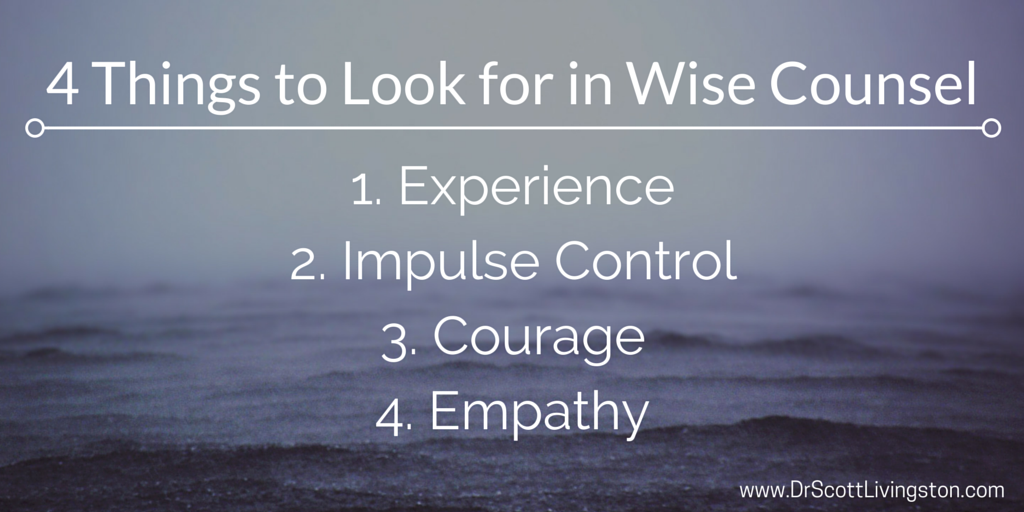I was having a conversation this morning with an executive coaching colleague, Joanne Bond. She is a masterful coach who has proven over the years to be able to ask just the right penetrating question at just the right time. If you are looking for an experienced executive coach Joanne is amazing and you can find out more about her at JoanneBondCoaching.com. In our discussion, we were talking about developing a workshop on “how not to lead." The idea would be to have people come into a workshop and train them on absurd skills just to make a point.
For example, the training could include a role-play where a leader who says they have an open door policy has an employee knock on their office door and ask if they have a minute. The leader says "Sure, come on in." The employee enters the room and starts talking... We would train the leader to:
Stay seated behind their desk.
Not make eye contact with the person.
Keep their eyes focused on the computer screen while they continue to type.
Mumble words like Umm and Hmmm (shows active listening).
Interrupt the person at least 3 times in the first few minutes they are in the office on a completely unrelated topic.
Agree to do something that you never intend to follow-up with.
If you remember Fireside Theater from the 1970’s “Everything You Know Is Wrong” album, you get the idea. In this recording the comedians make satirical comments on contemporary culture such as:
The Aztecs invented the vacation
Men and women are the same sex
Your brain is not the boss
Ok, so I think you get the idea.
Here are my top 7 examples of the wrong way to lead:
Create a confusing vision. Why not spout out your 2 paragraph vision one time at a mid-year staff meeting and never bring the topic up again? Then, at the end of the year, take people's bonus away because they just aren’t connecting with where the organization is going.
Intentionally misalign expectations. Why not give someone on your team a specific instruction, maybe even write it down, then when they do it tell them that they misread what you wrote.
Deliberately micromanage. Give one of your followers a task and check-in every 15 minutes to see how they are doing. You could even mix up your check-ins with different modalities so they would never catch on. The first one could be a text, the second a phone call, and the third an email. They will never even suspect it is micromanaging if you mix it up like this.
Abdicate responsibility. Develop a mantra of “The Buck Stops With You." Get really good at blaming others for what is wrong. While you are at it, if something should go right, why not just take the credit for it?
Celebrate mediocrity. Bring in donuts and have a party because you are the 4th best in your community at what you do. You could hold a book burning for all the references everyone owns on how to create change, get unstuck, or strive for excellence in execution.
Create a culture of compliance vs commitment. Invite everyone to a training where we teach people the rules. All they have to do is follow the rules no matter what and they keep their job. Develop an exercise in the training where people are punished for solving problems on their own. Create a group discussion around the benefits of doing the job the way we did it 5 years ago.
Encourage platitudes vs constructive Conflict. Who doesn’t want to work with nice people? Who cares if customers don’t get what they asked for? At the end of the day, we just want everyone to get along.
It seems rather silly when the opposite behaviors of what we espouse as good leadership are exposed. Yet many of the examples in the list above I have observed with my own eyes. I bet if you step back and think, you could find examples that might fit as well. Or even come up with your own contrast.
The question becomes, what change do you need to make so that a bad leadership behavior is turned around?
Homework: Pick one of the 7 examples of the wrong way to lead and be over the top with the right way to do it this week. Perhaps you put in your calendar to send an encouraging note regarding vision to everyone on your team every week. Maybe you have had some wins on your team that have not been celebrated that need recognition. If you decide to take on this homework I would love to hear your story. Please share it in the comments below or send me an email.
Best Hopes, Scott
















